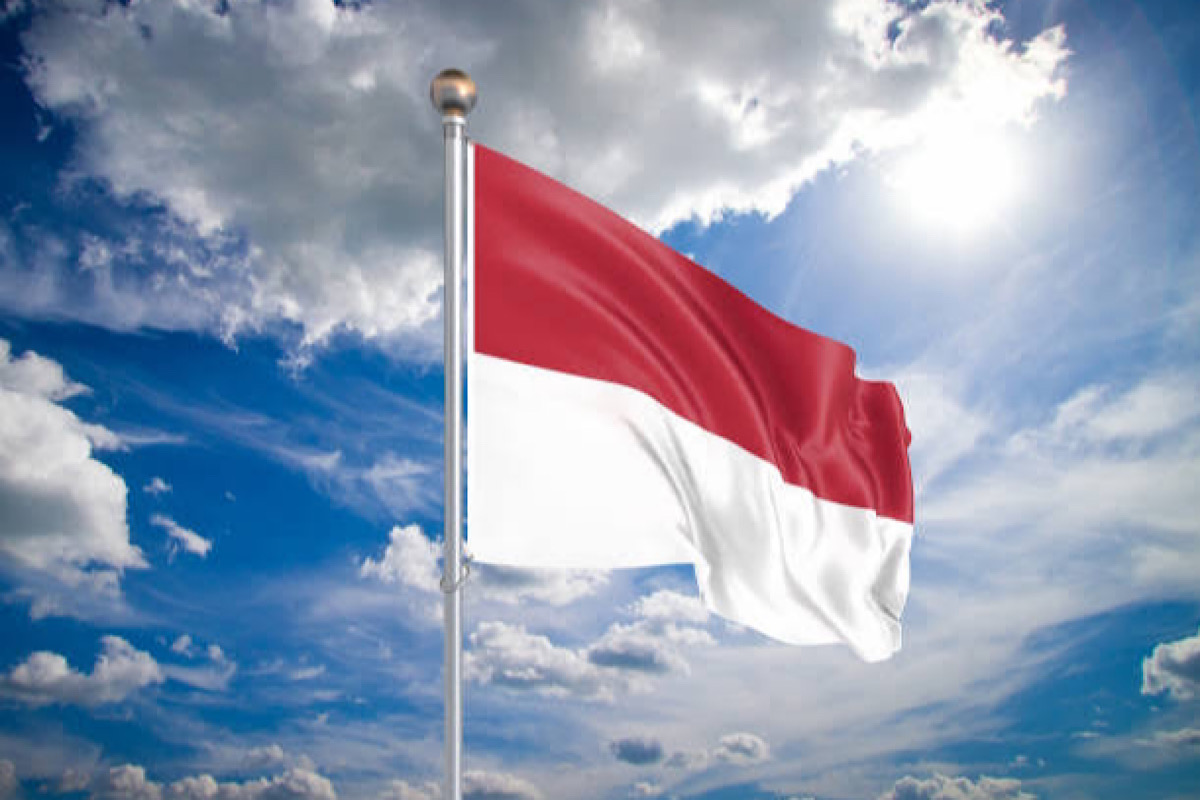India’s top 500 pvt cos value more than total GDP: Report
These companies value higher than the GDP of India and the combined GDPs of UAE, Indonesia, and Spain.
In the sprawling archipelago of Indonesia, where democracy has been a beacon of hope in a region plagued by autocrats and juntas

(File Photo)
In the sprawling archipelago of Indonesia, where democracy has been a beacon of hope in a region plagued by autocrats and juntas, the recent victory of controversial former General Prabowo Subianto in the presidential election casts a shadow over the nation’s democratic trajectory. Despite his rebranding from a chequered past to a seemingly cuddly grandad, Mr Subianto’s ascent to power is tinged with concerns that ripple through the very fabric of Indonesia’s democratic credentials. The path to victory for him was not without its controversies, and the most unsettling aspect lies in the erosion of democratic institutions under the tenure of his predecessor, Joko Widodo, who remains immensely popular and backed Mr Subianto in a move that some argue contributed to the perceived undemocratic nature of the election.
Accusations of interference in the electoral process, arbitrary cancellations of opposition rallies, and intimidation of critics only serve to deepen the democratic fissures that have widened in recent years. Mr Subianto’s platform, framed as one of continuity with improvements, includes key policies championed by Mr Widodo, such as the ambitious plan to relocate the capital from Jakarta. However, the concern lingers that these policies might come with a more worrying continuity ~ a crackdown on civil society and press freedom. This apprehension is not unfounded, given Mr Subianto’s past, including allegations of kidnapping pro-democracy activists in the 1990s and ordering massacres in East Timor in the 1980s. Human Rights Watch’s revelation that Mr Subianto was the only candidate who did not respond to a questionnaire on human rights issues is deeply troubling.
Advertisement
It underscores a reluctance to address crucial aspects that are important to voters and crucial for the country’s democratic health. While some argue that fears of Indonesia descending into full autocracy are overblown, the weakening of democratic institutions during Mr Widodo’s presidency leaves the nation vulnerable. Mr Marcus Mietzner of the Australian National University suggests that Mr Subianto might not need to completely overturn Indonesian democracy, given its current fragility. The question then beckons ~ what will be the true cost of this victory for Indonesia? Economic growth, a hallmark of Mr Widodo’s administration, may continue, but at what expense to democratic principles? The delicate balance between progress and the protection of fundamental democratic values is at stake.
Advertisement
As Indonesia navigates this uncertain political terrain, the international community must remain vigilant. The world’s third-largest democracy could be at a crossroads, and the choices made in the coming years will determine whether it continues to stand as a beacon of democracy or slides into a more authoritarian trajectory. In the face of these challenges, Indonesians, civil society, and the media must stand united to safeguard the hard-fought gains of the reformasi era. The strength of Indonesia’s democracy lies not solely in the hands of its leaders but in the collective resilience of its people to uphold the principles that have defined the nation’s post-Suharto journey.
Advertisement